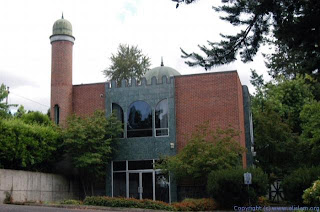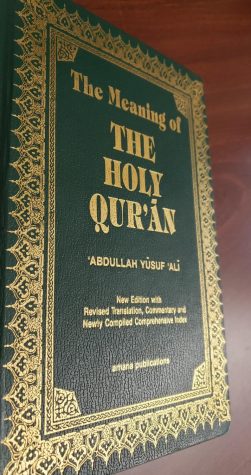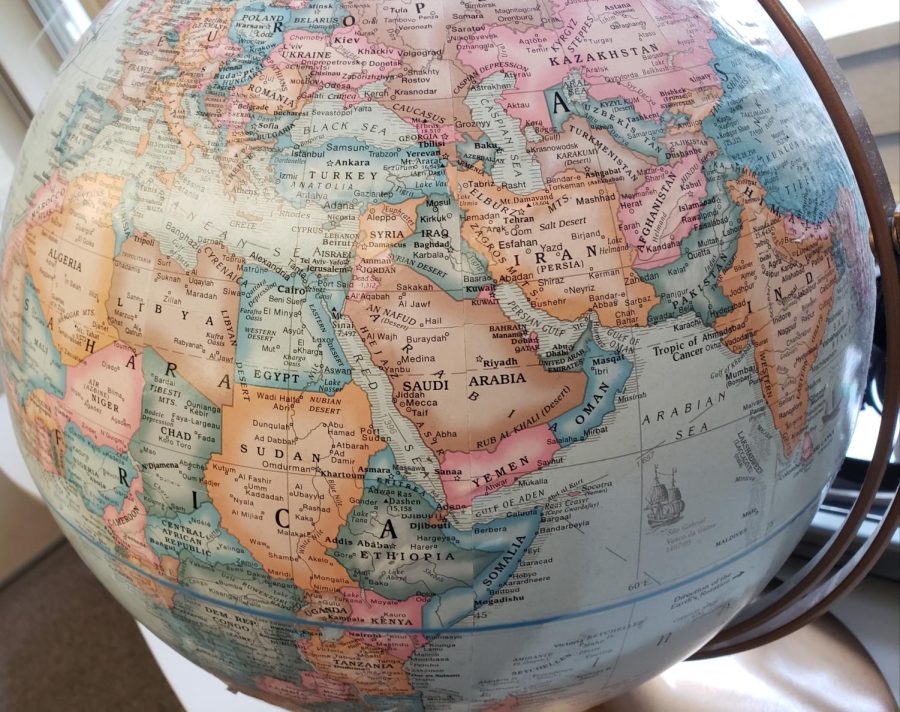Embracing Islam in Our Community
In the middle of the globe lies Mecca, Saudi Arabia where the religion originated. Mecca is the site of the hajj, or pilgrimage to the Kaaba which Muslims must perform if they are able. Though the holiest cities of Islam , Mecca, Medina, and Jerusalem, are in the Middle East, the religion has spread throughout the entire world.
May 14, 2022
The holy Islamic month of Ramadan and the culmination feast of Eid Al-Fitr are two of the most globally followed events in the world, with approximately 1.8 billion adherents of Islam who span all around the seven continents, and make up nearly 24% of the world’s population.
More than one in five people on the planet are Muslims, even including several at Camas High School. However, despite knowledge of Islam being so easily accessible, it is not commonly educated in the United States.
What little is taught or known about Islam by non-Muslims is often misguided.
“There is a huge misconception and there is blatant ignorance to Islam,” said senior Usman Manzer, a Muslim student, as well as the vice president of CHS’s Black Student Union and president of the South Asian Student Association.
According to Manzer, the American public eye has seen more attention given to the Muslims both in the U.S. and the entire Islamic world, but this relatively newly found attention has not been all positive.
These false portrayals have had a deep effect on the treatment of Muslims in the U.S.
“I’m just appalled at how frequently social media and people in their conversations, are able to bring down Muslims and create this bad image that they’re a terrorist religion,” Manzer said.
Manzer is not the only Muslim at Camas who has speculations concerning the effect of how Islam is viewed in the American media.

“I think because it’s not a national holiday, nobody knows about it,” said sophomore Deeyanah Rahim.
It seems that because the public attention of Islam has much to do with its perception, the faith does not conflict with the traditional American Christian customs that this country was constructed upon, but it does stray from it.
Historically, the U.S. does not have as much experience with religious diversity as a country like India does, for example, with a vast religious tapestry, or even the Mediterranean region, which acts as a crossroads between Christianity, Islam, and Judaism.
“I think in American culture, it’s just seen as weird and looked down upon,” said sophomore Sophia Wright.
Luckily, many students at Camas do possess understanding of the core tenets of Islam, such as the sawm, or fasting for Ramadan, and show their support to those who experience

xenophobia over their religion.
“I think [the sawm is] really cool,” said sophomore Isabelle Shattuck.
Ultimately, the ignorance that some harbor against Islam and Muslims could be solved if they were informed about aspects such as the zakat, or obligatory charity, and one of the five major pillars of Islam.
“If they would take the time to learn about it, that’s all it takes,” Manzer said.
To form a true opinion, someone must be knowledgeable of the subject, and the same goes for the Islamophobia prominent in our country, which stems from a lack of knowledge.
“Study it… people need to be more open minded,” Manzer said.



































